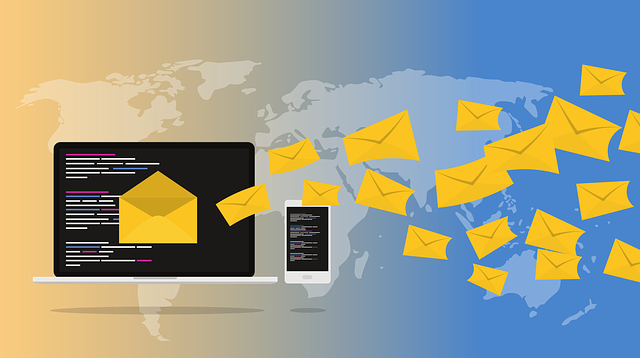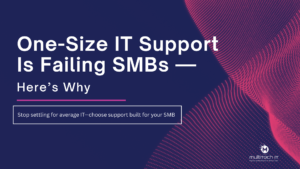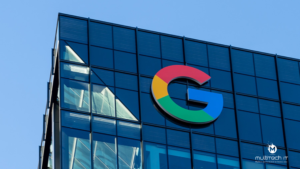Data can turn you into a millionaire?
I bet you’ll agree with me after reading this blog. It contains some worries regarding your privacy, which are the real bone of contention. So, stick around to go through a rich reading experience.
Google Says ‘No’ to Gmail Data Mining:
A reputed newspaper ‘Wall Street Journal’ surfaced the headline. That news caption, indeed, brought wrinkles on my forehead. It carried the tech’s ‘Dirty Secret’ (Source: https://www.wsj.com/articles/techs-dirty-secret-the-app-developers-sifting-through-your-gmail-1530544442). It explicitly came with a dramatic revelation that Google lets hundreds of developers of the data mining firms to access your Gmail inboxes. It’s possible through an open API that the search engine has left open to leverage developers. However, they would need you to sign up a third-party app for the email scraping.
On the contrary, the fact is that the leading search engine has ceased data mining practices.
So! What’s it that is pressing to permit web extraction to the third party?
Why is email database scraping permitted to the third party apps?
Your emails are magical. They’re a composition of a secret success recipe for marketers to improve a user’s experience. If you thoroughly look into your inbox, you’ll see here banking details, your personal/professional communication, your interactions, your interest, your engagements and a lot more.
Assume what if you get a promotional email carrying the most sought-after Men’s wrist watch. It’s somewhat close to your interest. And if you’ve ordered it, it, for sure, denotes your likelihood. This is what the marketing firms are hungry for. They want to access the free web database scraping for marketing. They want to get an insight of what to be sold to e-marketers.
So, Google lets the marketers, like Edison Software and Return Path (as mentioned on the Wall Street Journal), dig out the insights underlying the emails.
What do eMarketers snoop for in your inbox?
Targeted Ads encapsulate the outcome of your emails’ data analysis. Google, itself, gets the information to come with these ads. Your searching history, YouTube watching habits and Android phone & its apps, which you always use, feed it with that information. It scans your inbox messages frequently. Eventually, you get Smart Replies suggestions with your mails at the end of the messages.
Is it a violation of GDPR (General Data Protection Regulation)?
The GDPR is about shielding the data subject’s data. Simply put, it aims at protecting data, which can’t be accessed without an explicit consent of the author. If someone draws it, the law will consider it an illicit act under the GDPR.
However, the topmost search engine has its own developer agreement. It mandates seeking explicit opt-in consent (as mentioned in the blog ‘Google APIs Terms of Service’), if the web scraper likes to have user’s non-public content through the APIs. So, it has to scan each and every activity of the web scrapers to keep abusers at bay. But, the Wall Street Journal says that it’s not at all serious about it.
The founder of Return Path ‘Matt Blumberg’ had hit the alarm saying that its report was extremely and somewhat carelessly selective.
In the nutshell, Google is, unfortunately, not taking this matter as a damn serious business. Despite these strict laws, it’s letting the giant platforms exclusively yield the benefits.
While countering this fact, the search engine came with the statement-there is nothing proprietary. It’s maintaining the decorum of the data domain, as its all web scraping tools and activities get fuel from the open-source and open published standards.
Whatever the fact is, it’s true that Google is dominating the online scraping or data extraction via emails.








